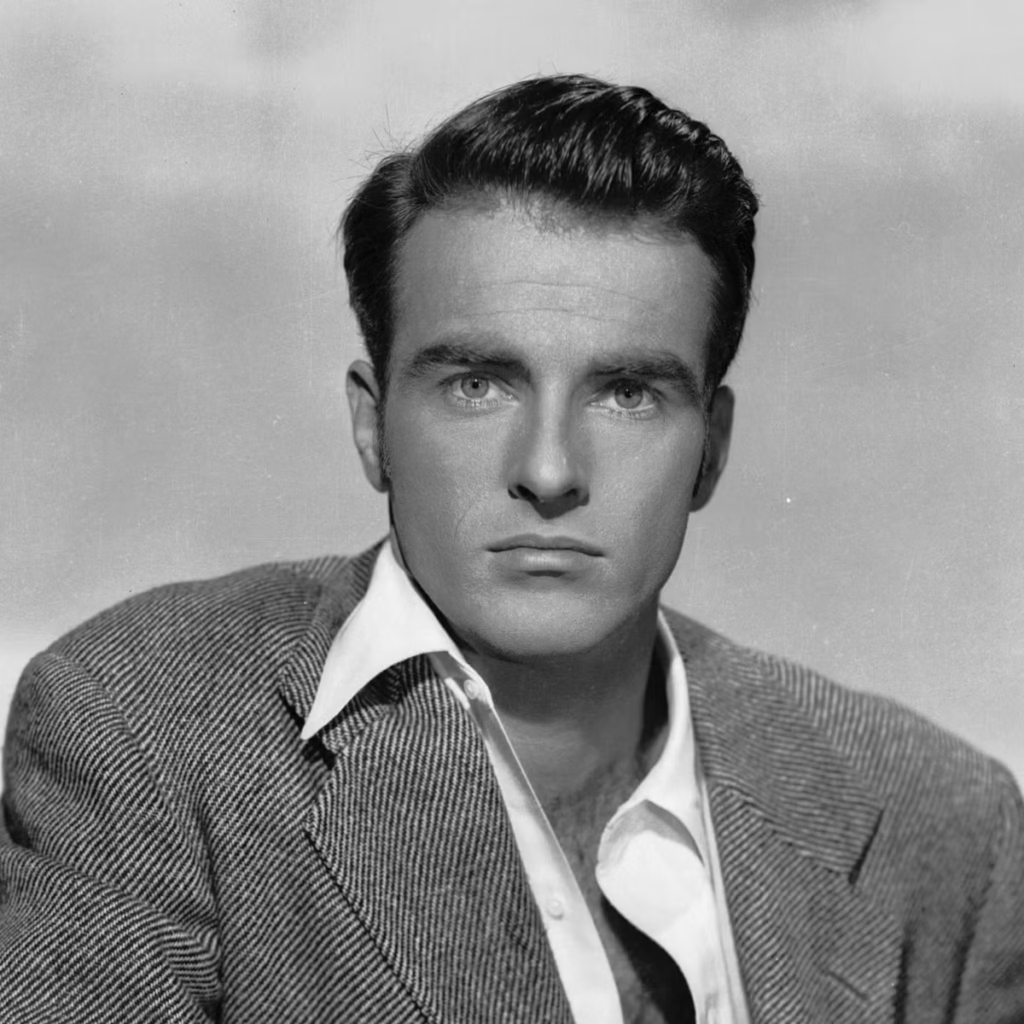
Table of Contents
Synopsis
Montgomery Clift, an actor born on October 17, 1920, in Omaha, Nebraska, is recognized as one of Hollywood’s pioneering Method actors. His film career began with a significant debut in Howard Hawks’ 1948 Western Red River. Clift became widely known for his performances alongside Elizabeth Taylor in films such as A Place in the Sun, Raintree County, and Suddenly, Last Summer. However, a near-fatal car accident in 1957 altered his appearance and led to struggles with substance abuse. Clift’s career and personal life were deeply affected by these events, and he passed away in 1966.
Early Years
Edward Montgomery Clift, known affectionately as “Monty,” was born in Omaha, Nebraska, on October 17, 1920, to William Clift, a successful Wall Street broker, and his wife, Ethel. Clift grew up in an affluent household, with his early years marked by privilege. His family frequently traveled to Europe and Bermuda, where they maintained a second home, as William Clift’s work often took him abroad.
However, the financial stability of the Clift family was severely impacted by the 1929 stock market crash. As a result, they relocated to Sarasota, Florida, where they adopted a more modest lifestyle. Clift’s formative years were spent in this new environment, accompanied by his twin sister Roberta and his brother Brooks.
At the age of 13, Clift began acting with a local theater company, where his mother recognized his dedication and encouraged him to pursue a career in the arts. This led to his first significant role in the Broadway play Fly Away Home. Following a move to Massachusetts, Clift auditioned for and won a lead role in the Broadway production Dame Nature. By the time he was 17, Clift had already made a name for himself as a Broadway star. Over the following decade, he appeared in a variety of Broadway plays, including There Shall Be No Night, The Skin of Our Teeth, and Our Town, solidifying his reputation as a talented and committed performer.
Hollywood Calls
For years, Montgomery Clift resisted the pressure to transition to the big screen. Known for his meticulous approach to his work and his selectiveness in choosing directors, he finally made the leap in 1948 with Red River, a Howard Hawks-directed western in which he starred alongside John Wayne. That same year, audiences were treated to The Search, in which Clift portrayed an American G.I. in post-war Germany. The film propelled Clift into full-fledged Hollywood stardom, earning him an Academy Award nomination for Best Actor.
Throughout the next decade, Clift became a fixture in several high-profile films, including A Place in the Sun (1951), where he starred opposite Elizabeth Taylor, Alfred Hitchcock’s I Confess (1953), and the blockbuster hit From Here to Eternity (1953), alongside Burt Lancaster, Frank Sinatra, and Deborah Kerr.
Clift brought a unique presence to Hollywood, offering a stark contrast to the typical leading man. His portrayals were often sensitive, vulnerable, and fearless, even when cast as a villain. While Clift’s heartthrob status was widely celebrated, with gossip columnists often linking him romantically with Taylor—his close friend—he and those close to him kept his sexuality a secret, as Clift was privately gay.
Final Years
Tragedy struck in May 1957 when Clift, driving home from a party at Elizabeth Taylor’s home in California, lost control of his car and crashed into a telephone pole. The accident left Clift both physically and psychologically devastated. At the time, he was already struggling with alcohol and prescription drug addiction, and his personal battles only intensified in the aftermath.
Despite his challenges, Clift continued working, appearing in seven more films over the next decade. He earned an Academy Award nomination for Best Supporting Actor for his portrayal of Rudolph Petersen in Judgment at Nuremberg (1961), alongside Judy Garland, Marlene Dietrich, Spencer Tracy, and Burt Lancaster.
Clift’s final film role came in The Defector (1966), in which he portrayed an American physicist assisting a CIA agent in Germany to secure the defection of a Russian scientist.
Montgomery Clift passed away on July 23, 1966, from a heart attack at his home in New York City.
